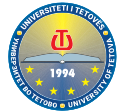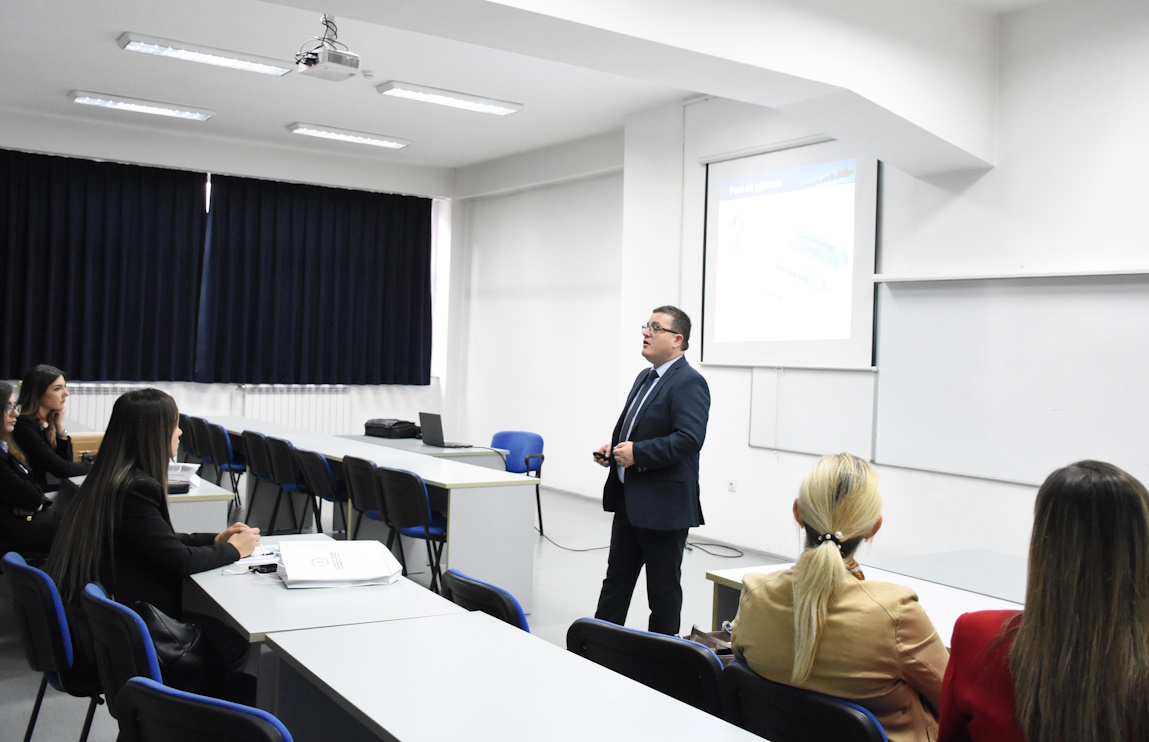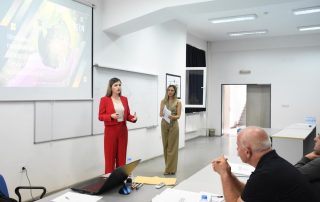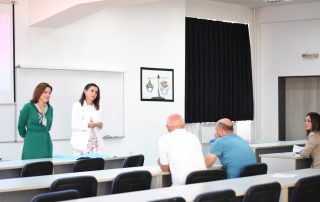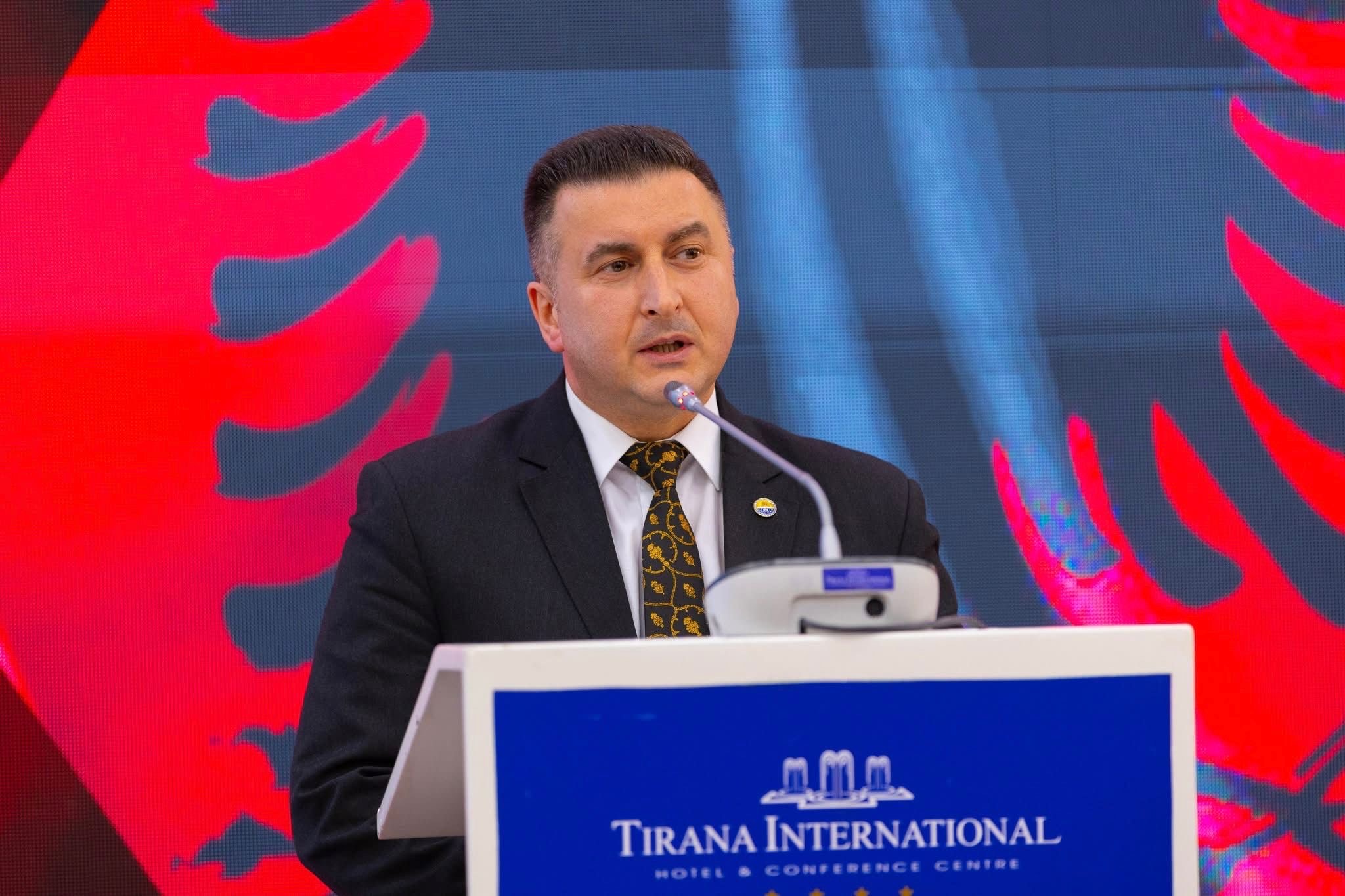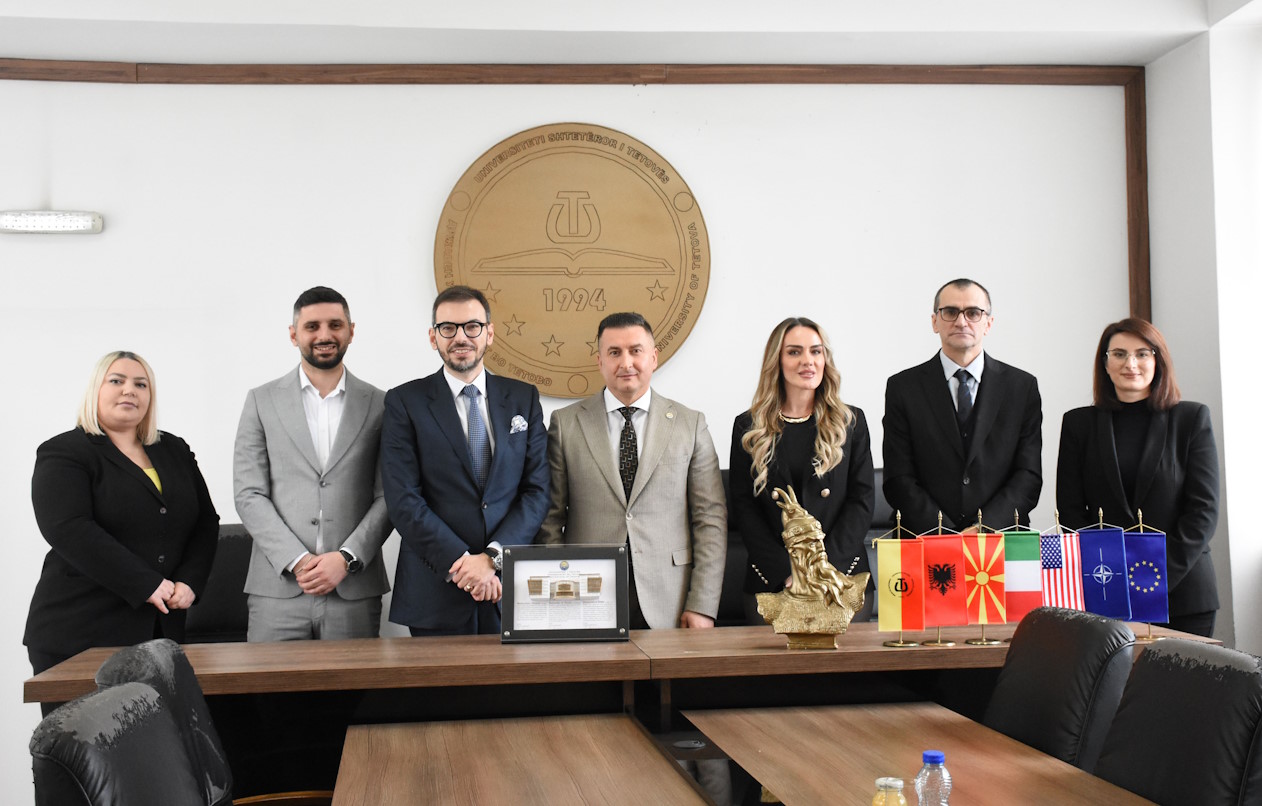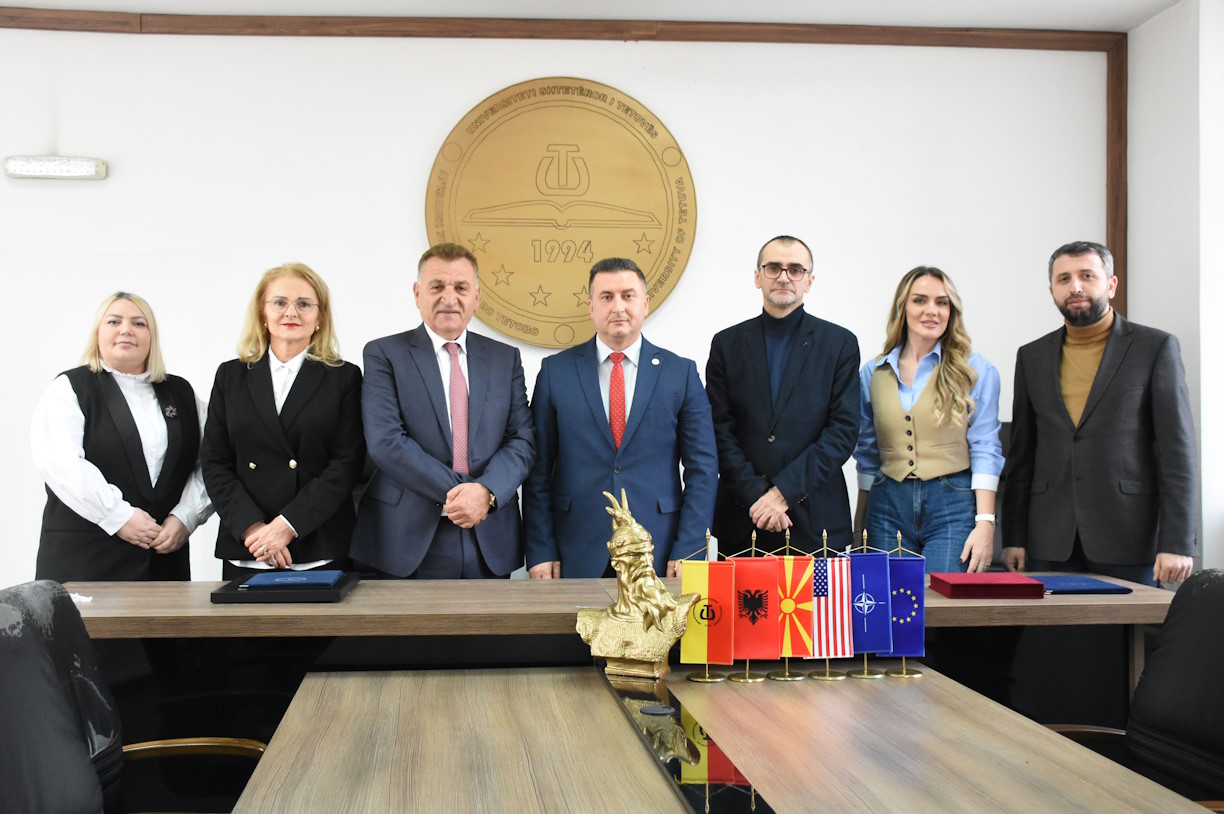Professors from the Faculty of Economics, on September 25th and 26th, 2023, as part of a research project funded by the Ministry of Environment and Spatial Planning, on the green economy, within the framework of a workshop titled “Ecological Standards by Economists,” lectured on the challenges of the green economy and recyclable energies as an alternative source of economic inputs, compared to existing inputs. Specific topics discussed in this workshop addressed the green economy in the context of challenges that can arise from de-industrialization of the private sector and the increasing dependence on recyclable energies. This is in accordance with the legal criteria in North Macedonia that define green economy activities and in harmony with European Union directives, which promote the green economy on a more global scale.
Topics covered within the workshop included the sustainability of the green economy and its positive externalities, as well as the role of green financing in identifying economic well-being that economic agents (investors, firms, and the public sector) can achieve through economic activities based on recyclable inputs. The workshop also identified financial incentives that these economic agents can gain from the transformation of economic resources from high industrialization intensity resources to high recyclable energy usage resources.
In the context of economic well-being derived from the green economy, econometric models that explain the reduction of social well-being from the overuse of existing energy resources (electricity, oil derivatives) and the underuse of recyclable energy were discussed. Topics related to the efficient use of human resources in the promotion of ‘green employment,’ the identification of sustainable business models, and green innovations aimed to address issues related to the fair allocation of labor in ‘green’ economic activities, as well as empirical models tested based on economic hypotheses derived within a framework that promotes recyclable energy as a fundamental input for economic activity.
Within the workshop, the legal framework for environmental protection during business operations was also discussed, and through various methodologies, a comprehensive analysis of ecological legislation on national and international rules promoting the green economy was conducted. The workshop was further enriched with additional supplementary topics related to green marketing aspects, which involve promoting the production and sale of products and services that are considered ‘green’ within the green economy.
Participants, in their capacity as lecturers on specific topics, members of the Faculty of Economics staff, through intellectual contributions to the treatment of specific topics, also identified the main objectives of a green economy, which may include: improving social well-being, efficient use of natural resources, reducing emissions of potentially harmful substances to the ecological system (carbon dioxide and sulfur dioxide), also addressed by the Kyoto Protocol, replacing industrial production with ecological production, protecting biodiversity, promoting energy efficiency, reducing poverty by increasing green employment in the labor market and preserving natural resources, as well as avoiding contamination through the management of waste through recyclable energy resources.
